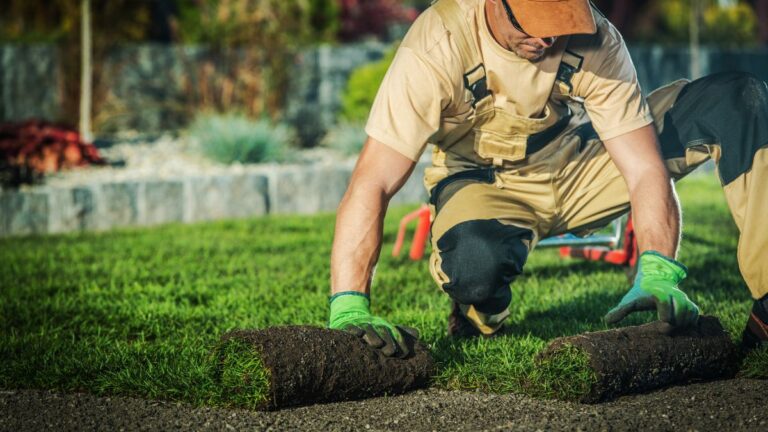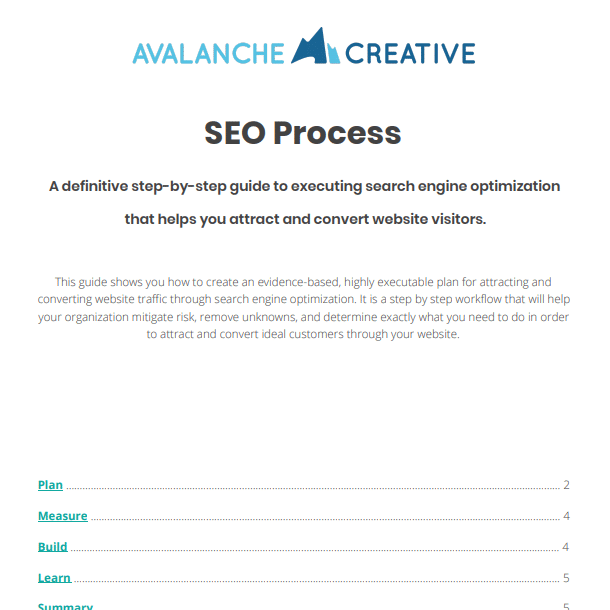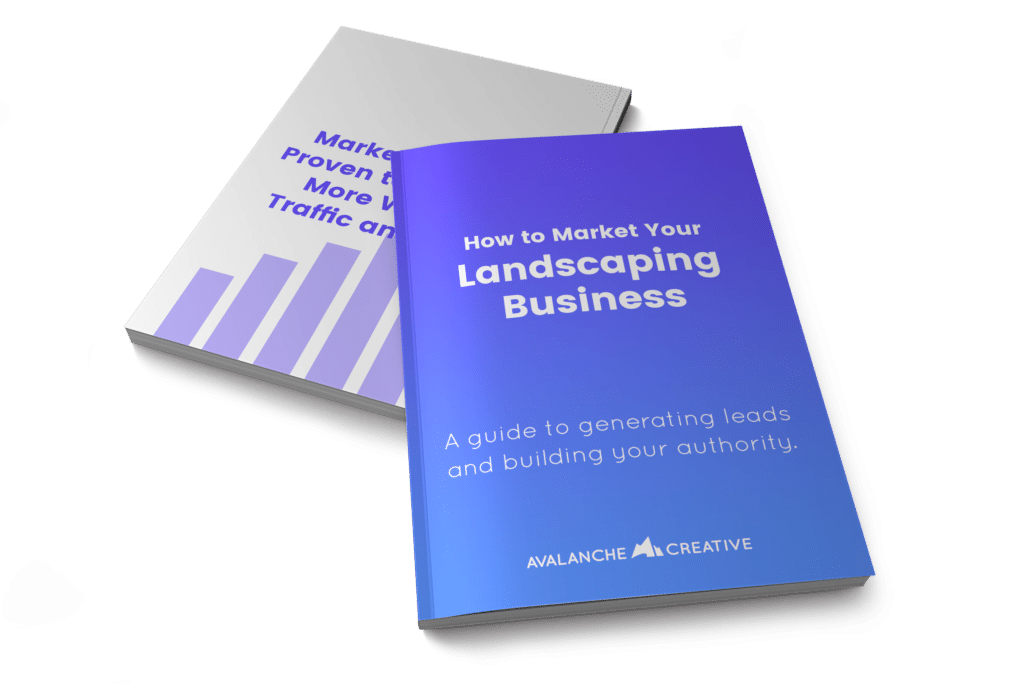The Landscaper’s Guide to Turning Searches Into Sales
See how landscapers can turn searches into booked work with local SEO, maps, reviews & AI. Get found where homeowners are looking.

Category: Digital Marketing, Resources | Tags: AI, Digital Marketing, SEO, guide, landscapers, lead gen, search engine optimization
Why Organic Search Matters for Landscapers
When someone searches “landscaper near me,” they’re not window shopping. They’re ready to buy. And here’s the kicker: that search might not even happen on Google. It could be:
- “Best landscaper in [city]” typed into Apple Maps
- “Retaining wall installer near me” asked to Siri or Alexa
- “How much does sod installation cost?” punched into ChatGPT
- “Landscaping companies in [city]” browsed on Yelp or Angi
When we talk about search everywhere optimization at Avalanche, that’s what we mean. People are looking for landscapers in more places than just Google. If you want more calls, you need to be present wherever homeowners are asking questions.
Table of Contents
Step 1: Own Your Local Profiles
Think of these as the digital billboards for your business:
- Google Business Profile: Still the heavyweight for local search and leads.
- Bing Places for Business: The Microsoft equivalent of GBP, frequently referenced by ChatGPT (yes, really).
- Apple Maps & Siri: Massive for iPhone users and voice search.
- Yelp, Angi, Thumbtack: Reviews that homeowners (and search engines) trust.
- Nextdoor: Hyper-local recommendations that can turn into referrals real quick.
Fill out these profiles like you’d prep a showcase lawn: complete, polished, and regularly updated. Make sure your NAP (name, address, phone number) is consistent across profiles. Then add project photos, list your services, and ask for reviews that include both what you did and where you did it.
Step 2: Build Service Pages That Match How People Actually Search
Most landscapers just throw all their services onto one page. That won’t cut it. Homeowners type things like:
- lawn maintenance near me
- retaining wall installation cost
- irrigation repair Grand Rapids
Break your website out by service. Give each one its own page with details, photos, FAQs, and cost cues. Search engines reward depth, not skimpy lists, and so do AI tools that need trustworthy, thorough info to generate answers.
Step 3: Localize With City Pages
If you serve multiple towns, you need dedicated pages. A homeowner in Grand Rapids won’t care about a Kalamazoo case study. Add local flavor: neighborhoods, landmarks, even a client review that mentions the city by name. On Apple Maps, Yelp, or Google, those local cues help you surface higher when someone searches “near me.”
Step 4: Turn Your Projects Into Marketing Fuel
Every job is an opportunity to win the next one. Use projects to create content that works across search channels:
- Blog posts like “Before & After: Retaining Wall in Holland, MI”
- YouTube walkthroughs explaining the design choices and cost
- Instagram Reels showing seasonal cleanups
That’s search everywhere in action. Your next customer could discover you from a Google search, a YouTube recommendation, or a local hashtag.
Step 5: Create Content That Educates
Skip the “Top 10 Landscaping Trends” fluff. Focus on the real homeowner questions that drive leads:
- What does lawn maintenance include?
- How much does a retaining wall cost per foot?
- What’s the best grass seed for shady yards?
On Google, these questions can earn you featured snippets. On YouTube, they rank in search results. And on AI platforms like ChatGPT or Perplexity, they’re the kind of content that gets pulled into instant answers.
Step 6: Don’t Ignore the AI Elephant in the Room
AI search is already changing the game. Instead of scrolling through a list of links, homeowners might ask:
- “How much does sod cost in [city]?”
- “Who’s the best landscaper near me?”
…and get a single summarized response. If your business doesn’t have well-structured content online, you’ll be invisible. But if you’ve invested in clear service pages, local cues, project blogs, and FAQs, AI tools can use your content to build those answers.
Here’s how landscapers can prep for AI-driven search:
- Make sure every major service has its own page with costs, timelines, and FAQs.
- Weave in city names, zip codes, and neighborhoods so AI can connect you to a place.
- Publish educational content that explains the “how” and “why” of landscaping projects.
- Add schema markup (reviews, services, FAQs) so search engines and AI can parse your site.
Think of it like planting trees. The sooner you put down roots, the sooner you’ll outgrow competitors in tomorrow’s search results.
Step 7: Track What Brings Leads, Not Merely Traffic
Traffic doesn’t pay the bills. Booked jobs do. Use:
- Google Search Console to see the actual queries bringing visitors
- Call tracking to tie those queries to real customers
- UTM links when sharing content across social media
- Review monitoring on Yelp, Google, and Nextdoor to see what’s fueling referrals
This tells you not only where you’re visible but also what visibility translates into revenue.
The Bottom Line
Organic search isn’t just Google anymore. It’s maps, directories, social feeds, and AI-driven answers. For landscapers, it’s the new word-of-mouth, and it’s the way homeowners discover, trust, and hire you.
Show up everywhere they’re searching. Answer their questions. Make it easy to choose you.
Want somebody to do this for you? That’s where we come in. At Avalanche, we don’t chase algorithms. We build battle-tested search strategies that help landscapers get found everywhere people look and turn those searches into qualified leads. Let’s chat about whether we’d work well together.
Share this article:
The Avalanche Email: Fun. Simple. Educational. No Selling.
Learn Result-focused SEO & Content
Join over 2,272+ others who get one email every Wednesday with simple instructions on how to get more website traffic and leads through SEO and content marketing. (Learn more about the email)
Share this article:






